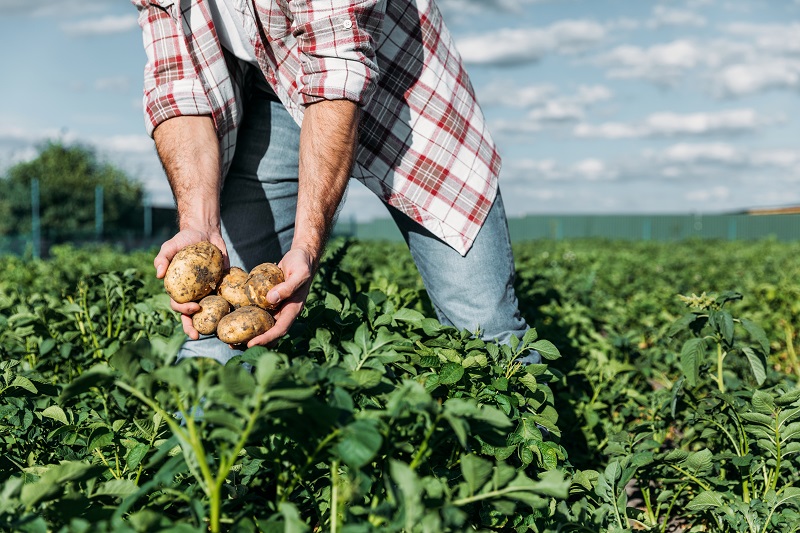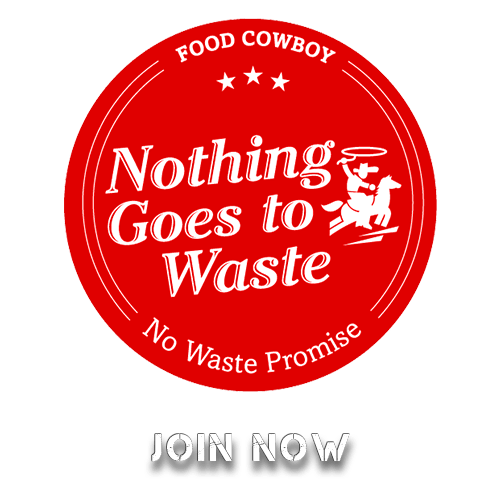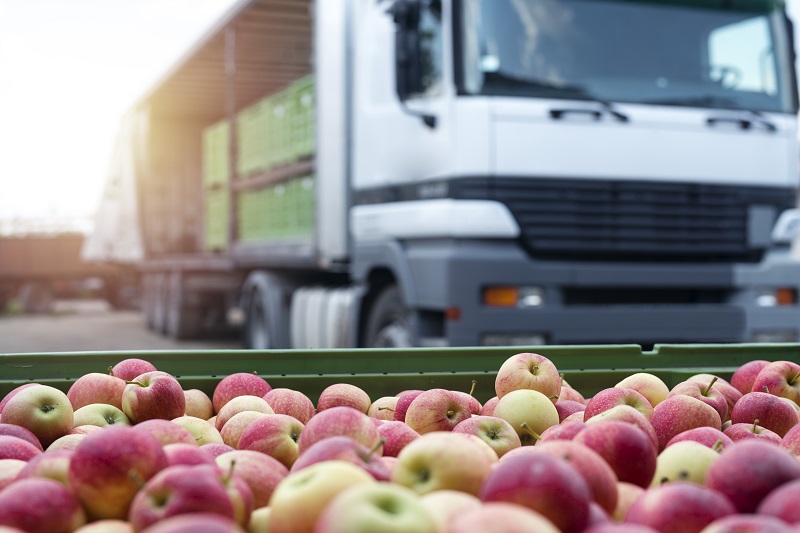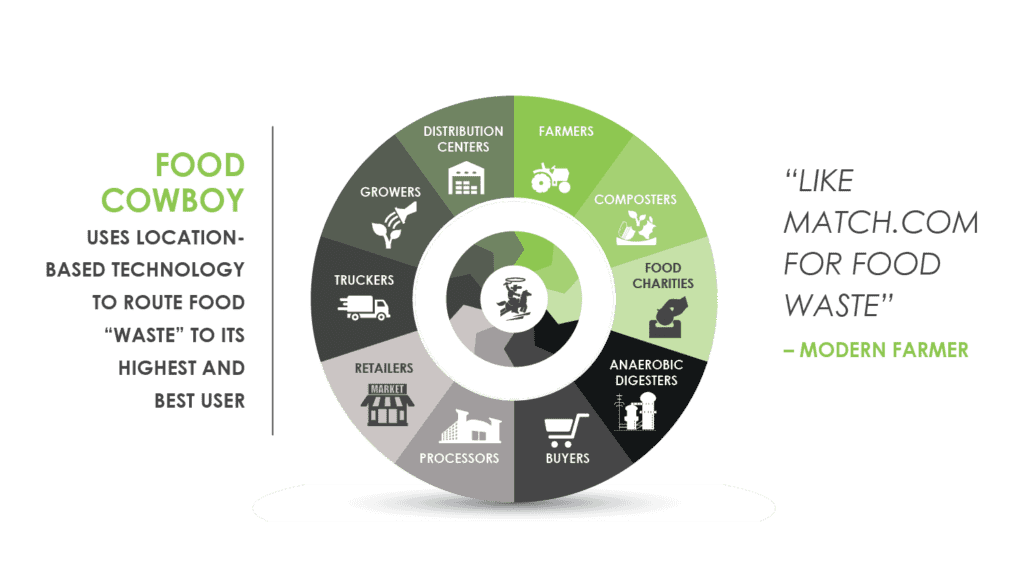New App Connects Providers with Consumers to Help End Food Waste
Contrary to widespread reports claiming that the world doesn’t have enough food sources to sustain the planet’s population, the scientific community believes it’s very possible. The problem, as it turns out, may not be our inability to grow enough food, but in the inefficient ways we use the food that is produced. All the unconsumed food in homes and food-related businesses creates a massive food waste stream — so much so that it’s estimated that 40 percent of all the food produced ends up falling into this category. And with supermarkets and restaurants increasingly overstocking and finding themselves with excess quantities on their hands, that number just continues to grow.

Lucky for us all, there’s a new app on the market that hopes to help us cut down on all that waste. Yes, Food Cowboy was designed with the sole intent of connecting surplus food to the people who can really use it. Admittedly most effective in major urban areas where the greatest number of people reside, the app works using location-based technology. This allows food providers and consumers everywhere to more easily connect with each other.

The idea is simple. A restaurant, caterer, grocery store, or other bulk food provider finds themselves with a large supply of unused food. Say, for example, a party is canceled but the caterer has already purchased or even prepared all of the dishes. That provider can then contact the app and list all the available food. Users, who are also subscribed to the app, will then receive a notification of the availability. This is especially useful in helping places like food banks and soup kitchens receive foods that might otherwise head straight to landfill.

The app does a lot more than putting out ads for food, too. In fact, there’s an entire team behind each transaction. As the notices come in from shippers and wholesalers, this team works to find the best connection for those products within the surrounding area. This not only minimizes additional transport time and resources, but it also gives the food itself the best possible chance at being used quickly. And although Food Cowboy is the face behind the transaction, donation credit always goes to the company that initiates the transfer.

If a shipper sends a double order of watermelons out, the wholesaler can deny it, but instead of trucking it back to the supplier, Food Cowboy will simply transfer it to the nearest food bank. If the food is no longer usable, the company contacts local composters to put it to good use without creating additional transport waste. In fact, the entire food lifecycle is considered in this process, which also involves farmers, distribution centers, truckers, retailers, processors, buyers, and anaerobic digesters.

The mission of Food Cowboy is to connect food donors with non-profit organizations that can aid seniors, children, the homeless, and other groups in need of sustenance. While the app establishes the actual connection, Food Cowboy also provides ongoing campaigns and mentoring to educate both community and business groups about food waste and sustainability.




